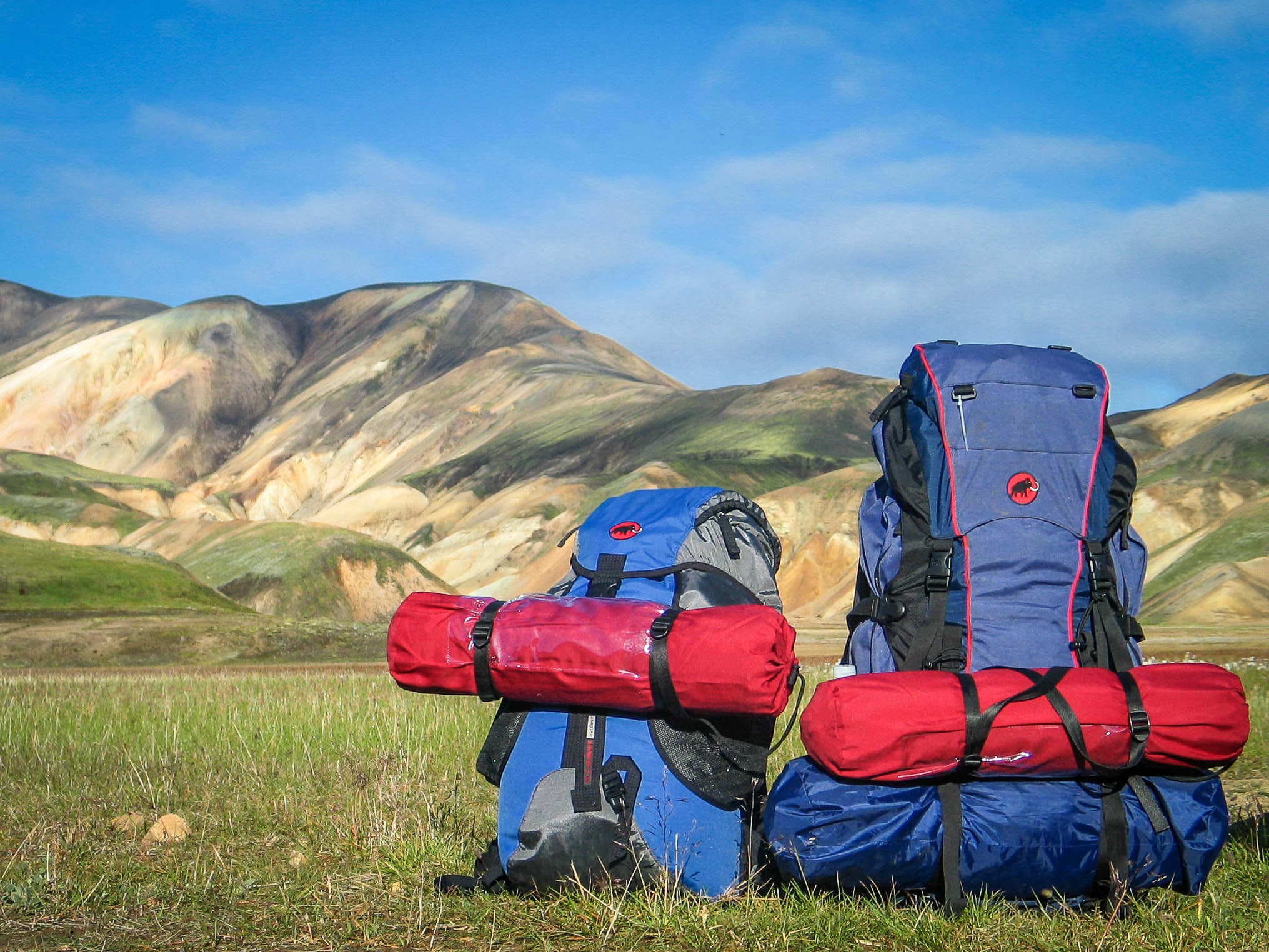Related Posts

Dec 12, 2025 4 mins read
Supersonic Travel In, Nightlife and Screen Time Out

Dec 11, 2025 5 mins read
Fishing Hotspots: Spring’s Best Places to Catch Mahi, Marlin, Trout and More
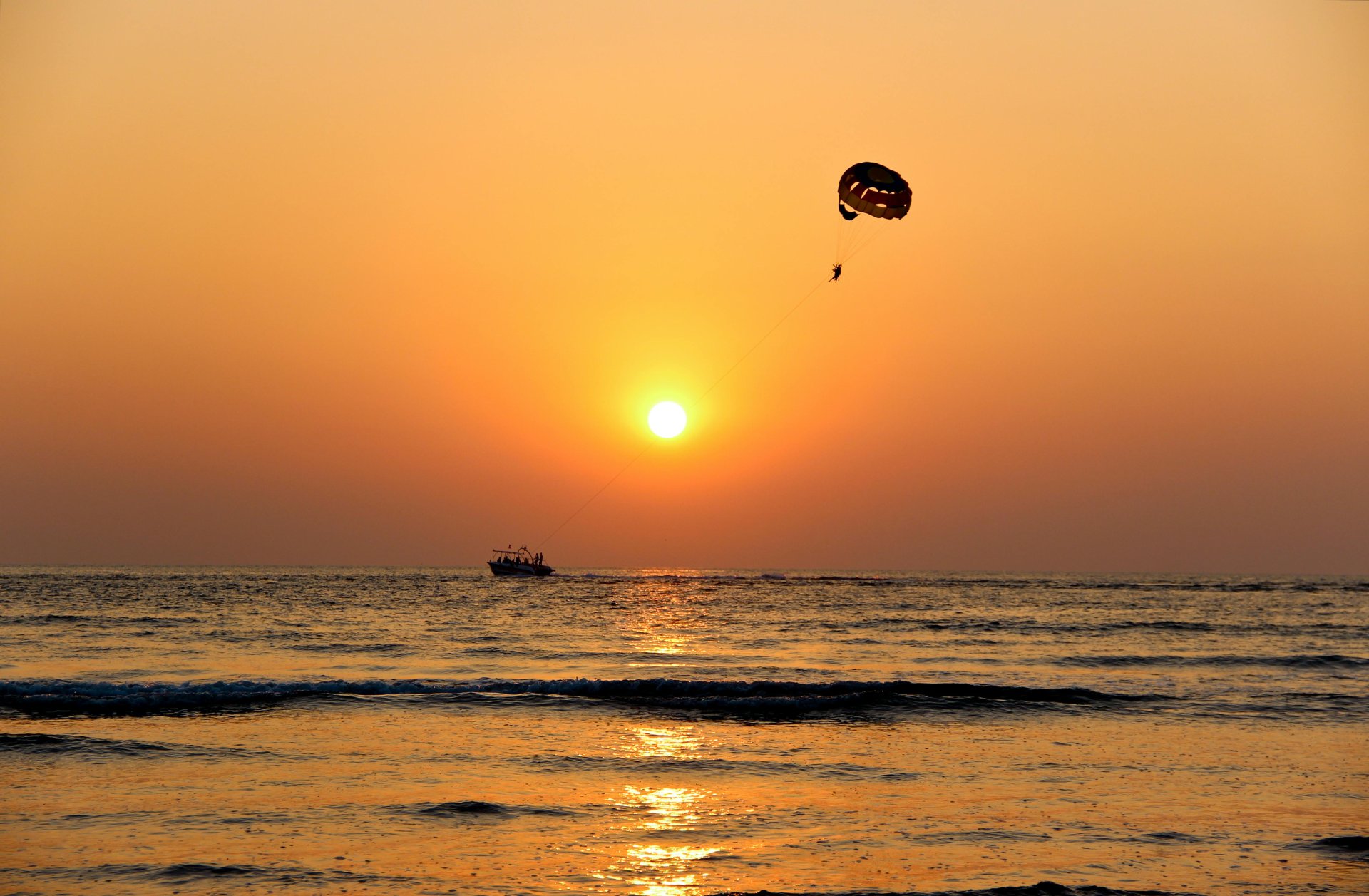
Dec 10, 2025 4 mins read
Border Secrets: Caribbean Countries That Require Medical Insurance
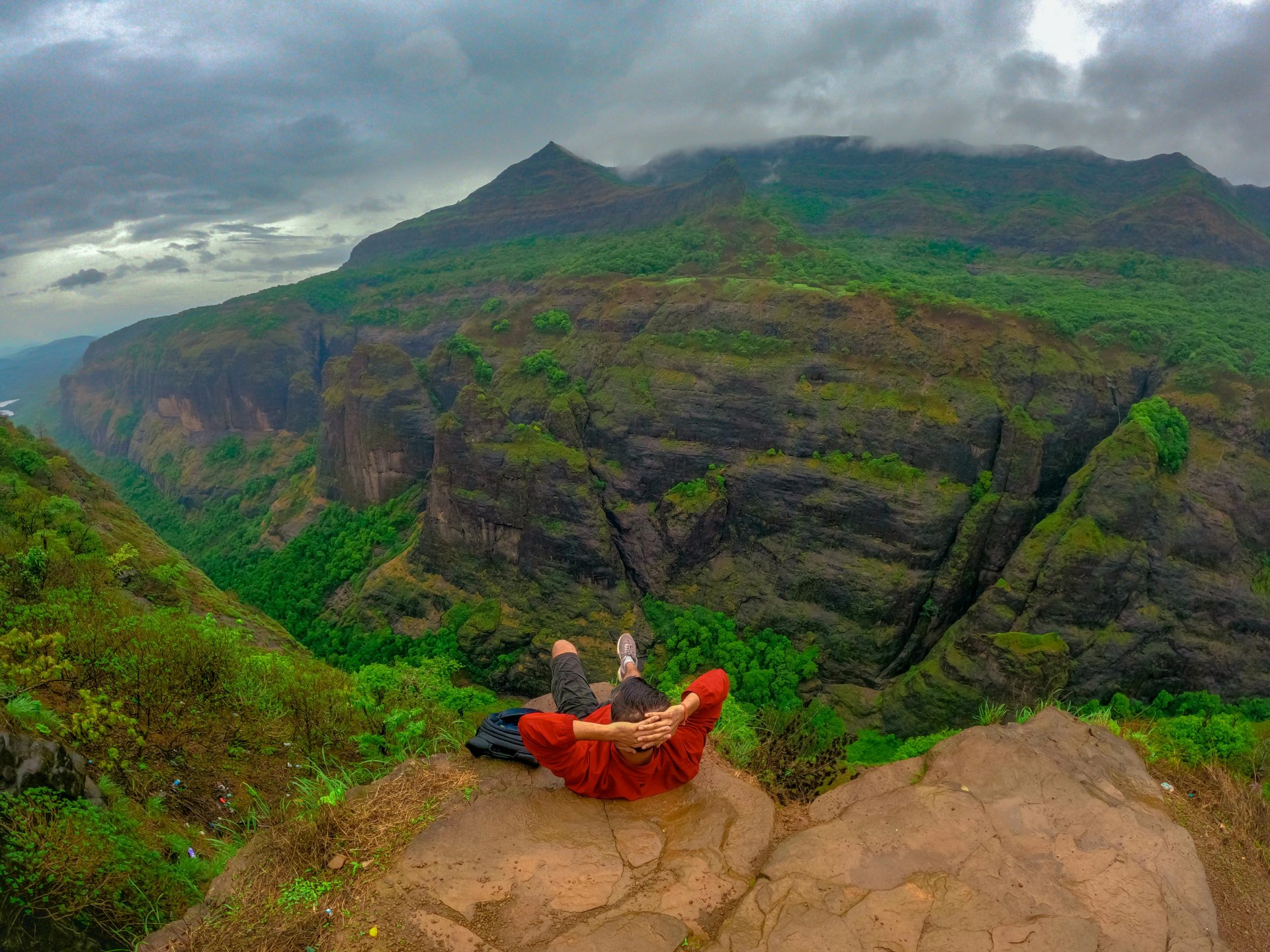
Dec 09, 2025 5 mins read
Are Travelers Slowing Down, Staying Longer?
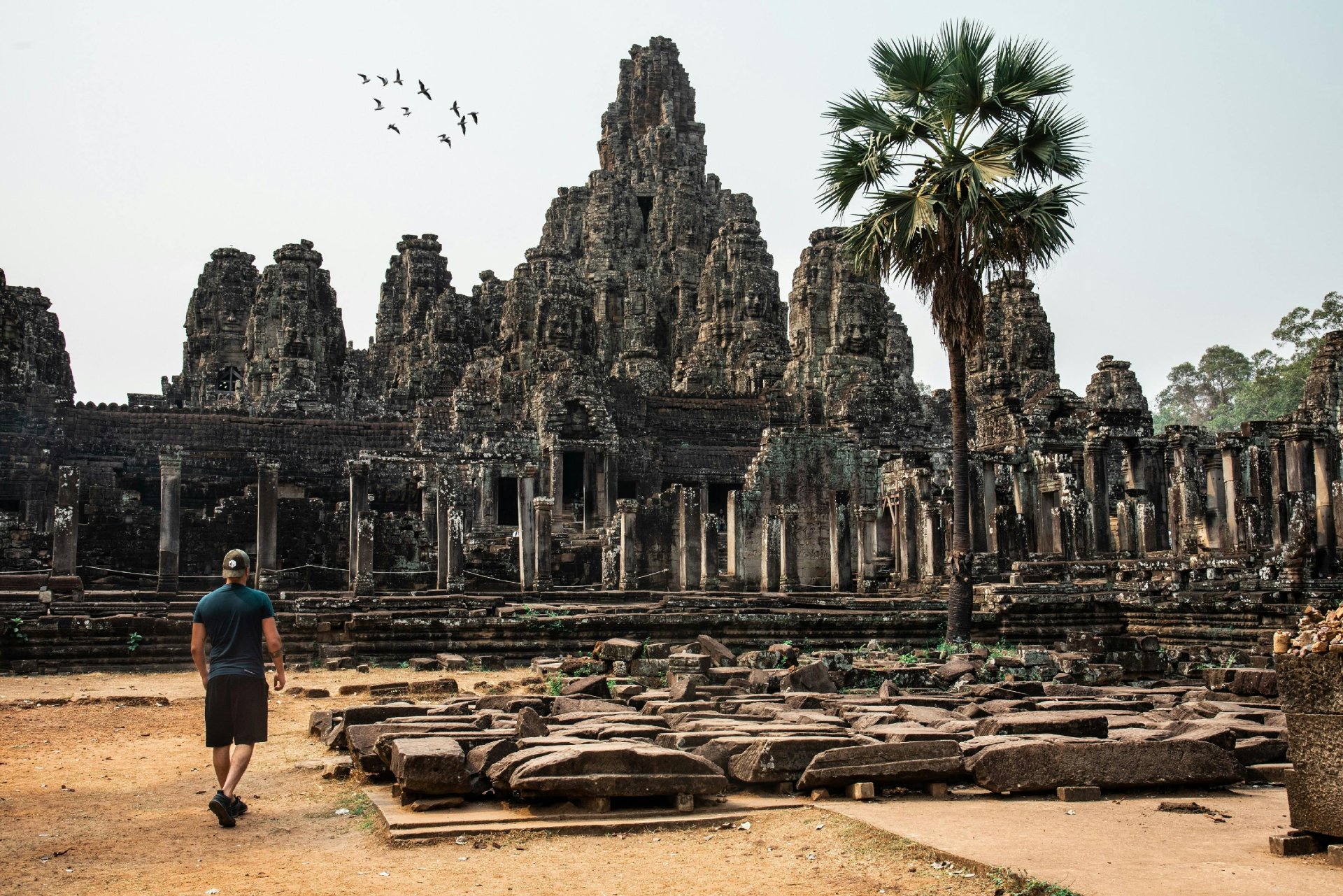
Dec 05, 2025 5 mins read
From Colombia to Cambodia: Spring’s Hottest Travel Surge
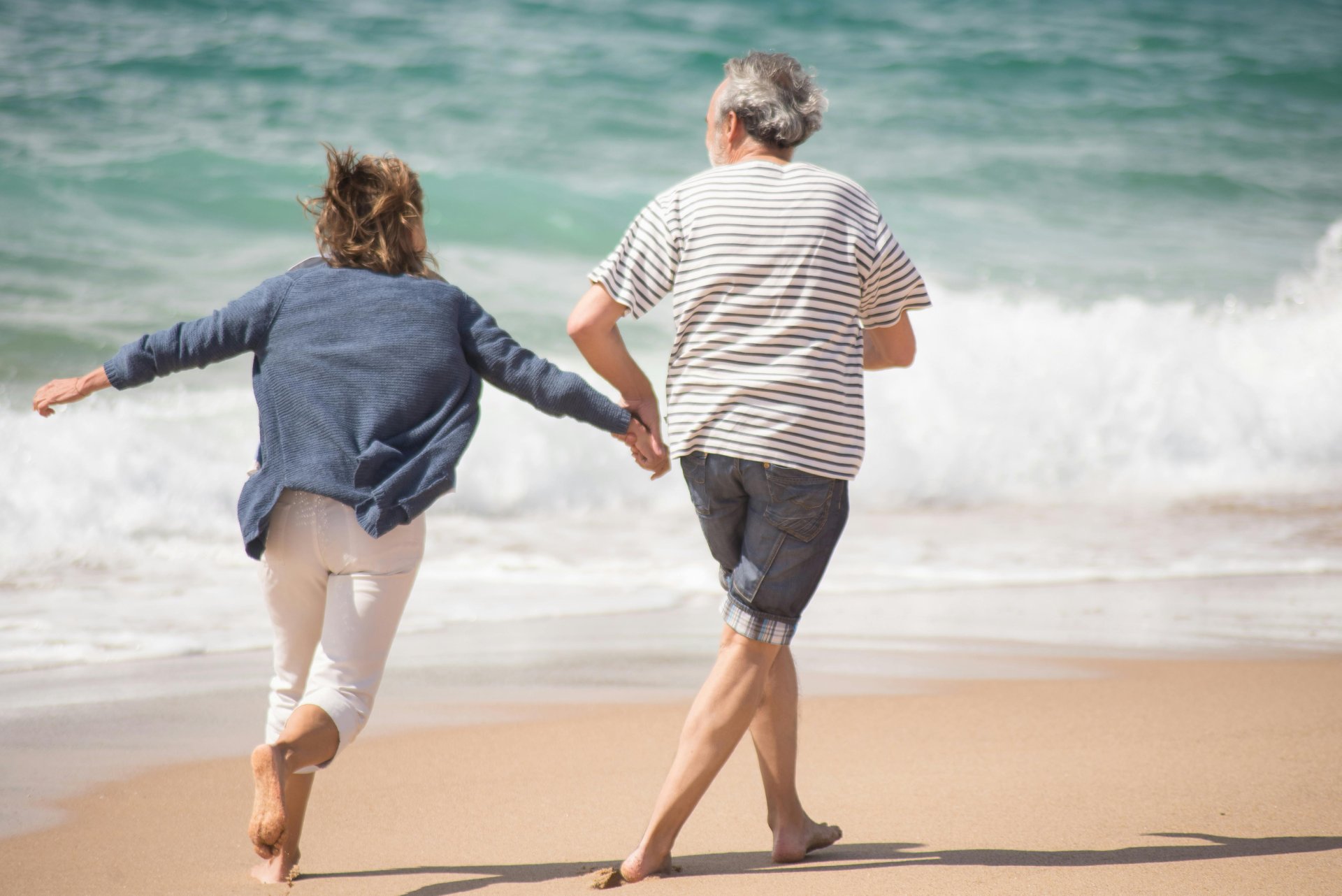
Dec 04, 2025 5 mins read
The Ex Pat Wave: The Case for International Retirement
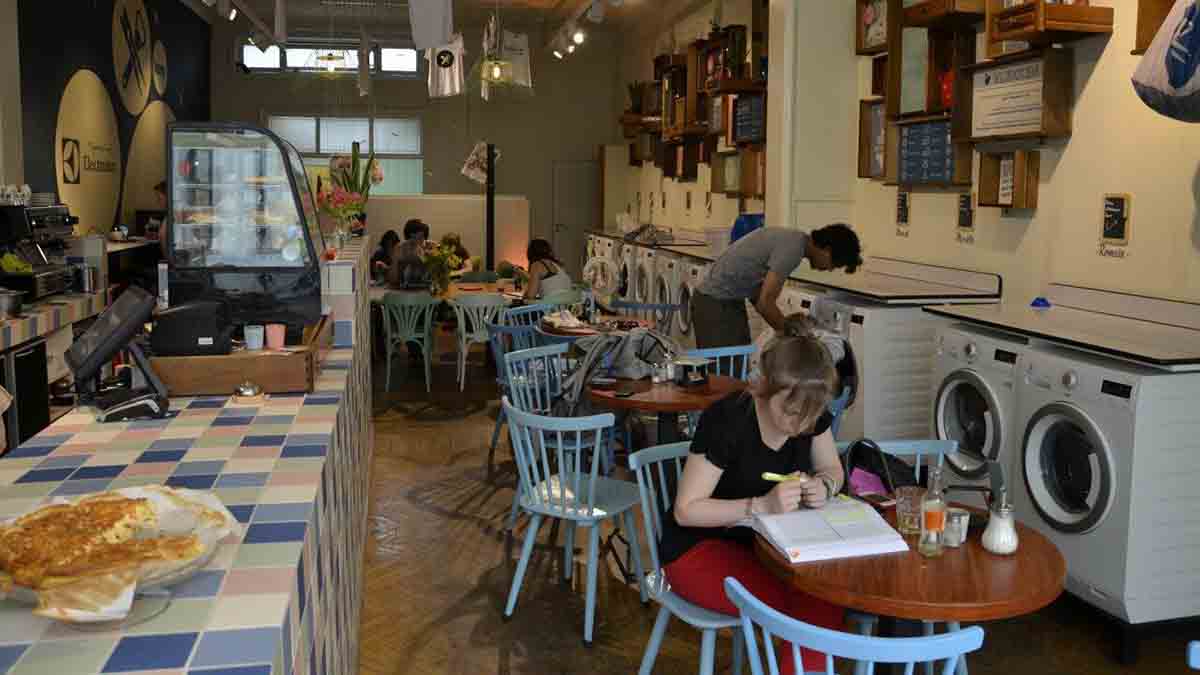
Dec 03, 2025 6 mins read
Laundromats, the International Traveler’s Secret Weapon Against Overpacking

Dec 02, 2025 5 mins read
Why Travelers Trust AI To Plan Trips But Not Agentic AI…Yet
13 Months for the Price of 12


13 Months for the Price of 12
Purchase your annual membership today and get an extra month of Global Rescue protection free.
Mobile Apps:
- Global Rescue Mobile Apps are designed for operation on the current versions of Android and iOS operating systems. Availability of services is subject to your equipment compatibility, connectivity and signal in your location. There is no guarantee that all features and functionality will be available in your location. Use and availability of the Mobile Apps are subject to your service provider’s plan and may be subject to additional fees from your provider. The download and use of a Global Rescue Mobile App is subject to the terms of your Member Services Agreement and the applicable End User License Agreement (EULA).
General TotalCare Disclaimer:
- ©2025 Global Rescue LLC. TotalCare and the TotalCare logo are service marks of Global Rescue LLC. All Rights Reserved. Global Rescue LLC provides technical and administrative services to Elite Medical Group, P.C. (“Elite Medical”), a professional corporation owned by licensed physicians that employs or contracts with physicians licensed to practice medicine where medical services are provided. It is not guaranteed that a prescription will be written, nor will any DEA controlled substances, non-therapeutic drugs and certain other drugs which may be harmful because of their potential for abuse, as a result of a TotalCare consultation. Elite Medical physicians reserve the right to deny care for potential or actual misuse of services. The Global Rescue Mobile App is designed for operation on the current versions of Android and iOS operating systems. Availability of services is subject to your equipment compatibility, connectivity and signal in your location. There is no guarantee that all features and functionality will be available in your location. Use and availability of the Mobile App is subject to your service provider’s plan and may be subject to additional fees from your provider.
Extended Plan TotalCareSM:
- For individuals 85+, medical transport is not included in membership. Members 85+ may purchase medical transport on a fee for service basis.
Mobile Apps:
- Global Rescue Mobile Apps are designed for operation on the current versions of Android and iOS operating systems. Availability of services is subject to your equipment compatibility, connectivity and signal in your location. There is no guarantee that all features and functionality will be available in your location. Use and availability of the Mobile Apps are subject to your service provider’s plan and may be subject to additional fees from your provider. The download and use of a Global Rescue Mobile App is subject to the terms of your Member Services Agreement and the applicable End User License Agreement (EULA).

